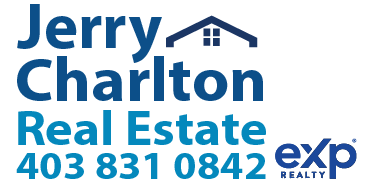How to Avoid Common Pitfalls When Buying a Home in Calgary
Embarking on the journey to purchase a home is thrilling, yet it comes with its set of challenges. Being prepared and informed will help you sidestep common errors that can arise during this process. Let's dive into some frequent mistakes buyers make and how you can avoid them.
1. Not Getting Pre-Approved Before House Hunting
Being pre-approved by a lender gives you a significant edge in home negotiations. While pre-qualification gives you an estimate of how much you can borrow, pre-approval turns you into a cash buyer, making your offers more attractive to sellers.
2. Being Overly Influenced by First Impressions
It's essential to look beyond surface-level aesthetics. Don't be swayed solely by a home's decor or the current owner's style. Look for a home that meets your core needs and can be tailored to your taste over time.
3. Skipping the Home Inspection
A comprehensive home inspection is vital. It gives you insights into any potential issues with the property, ensuring you make an informed decision and avoid unforeseen expenses later.
4. Not Understanding the Purchase Agreement
Take the time to familiarize yourself with every detail in the Offer to Purchase. Understand your rights and obligations, and lean on your Realtor and lawyer for guidance. Avoid misunderstandings that could lead to contractual issues.
5. Not Assessing the Home's Market Value
Don't just focus on the asking price. Seek a current Comparative Market Analysis from your Realtor. This analysis provides insights into the home's market value based on similar properties, ensuring you get a fair deal.
6. Overlooking the Neighborhood
Explore the neighbourhood before committing. Look at amenities, schools, parks, and even the commute to work. Understanding the surroundings will ensure you're truly happy in your new home.
7. Delaying Home Insurance
Start shopping for home insurance well in advance. This ensures you have ample time to compare policies and choose the best coverage for your needs without feeling rushed.
8. Using the Wrong Negotiation Tactics
Successful negotiation isn't just about offering a lower price. Using the wrong strategies can stall negotiations or even alienate sellers. Trust your Realtor's expertise to guide you in crafting an effective negotiation strategy.
In conclusion, while buying a home is a significant step, being well-informed and prepared can make the process smoother. Partner with experienced professionals do your research, and soon, you'll be holding the keys to your dream home.


